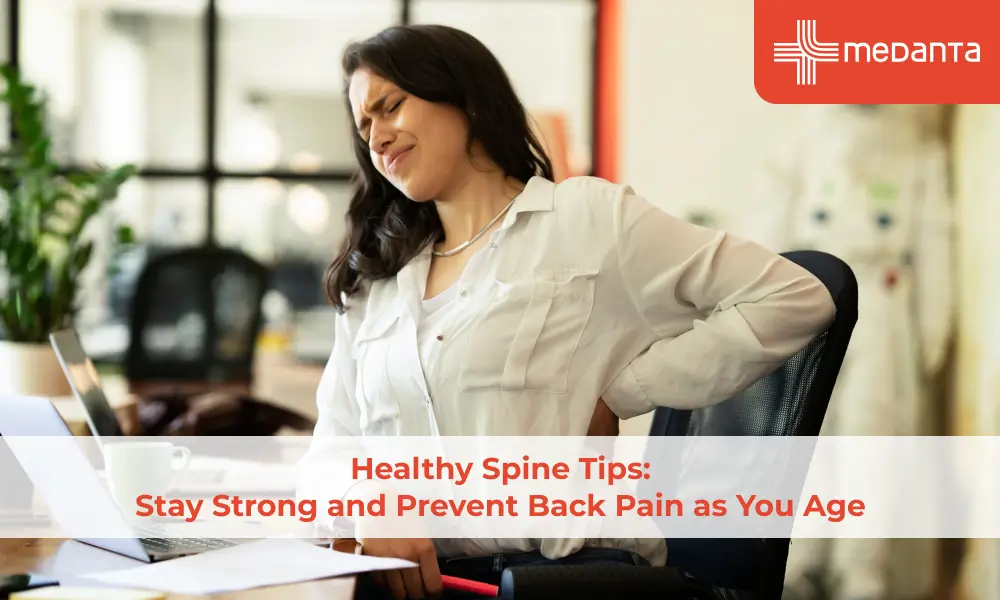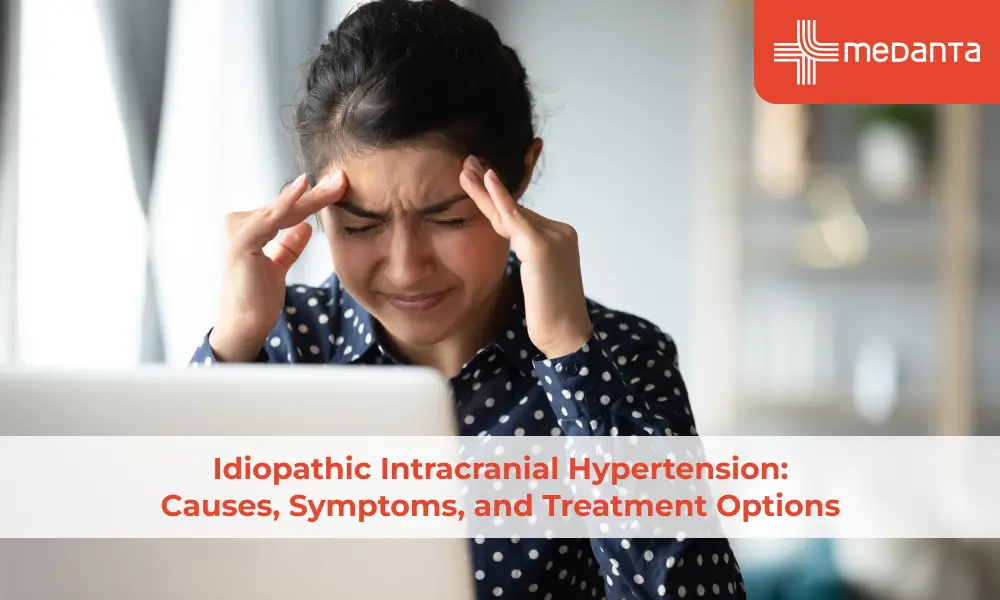Dry Eyes and Screen Time: How to Protect Your Eyes in the Digital Age

The digital age has revolutionised the way we work, play and communicate. While technology has brought immense connectivity and opportunities, our eyes are paying a price. Staring at screens for prolonged periods has become the norm whether we're working from our computers, binge-watching shows on our phones before bed or scrolling endlessly on social media.
As technology continues to advance at an unprecedented pace, our daily screen time has grown exponentially. It seems we can hardly go an hour without glancing at our phones, laptops, tablets, or computers. However, increased digital device use comes at a cost to our eye health. Many people now experience temporary discomfort like dryness, irritation, and fatigue after extended periods staring at screens.
In this post, we’ll explore the eye health issues linked to screen overuse, along with practical tips and lifestyle changes for keeping your eyes feeling fresh, comfortable and ready for more screen time.
Understanding Dry Eyes
Before we explore the solutions, let's understand the problem. Dry eyes occur when your eyes don't produce enough tears or when the tears evaporate too quickly.
This can result in discomfort, irritation, and even vision problems. And guess what? Excessive screen time exacerbates this condition by reducing blink rates and increasing tear evaporation.
Tips for Protect Your Eyes
Welcome to the digital age, where screens are omnipresent and our eyes bear the brunt of it all. Whether it's staring at computer monitors, scrolling through social media on smartphones, or binge-watching our favorite shows on tablets, our eyes are constantly exposed to digital screens.
Unfortunately, this prolonged screen time can lead to dry eyes and other eye-related issues. Here are some tips how you can safeguard your precious peepers in the digital age.
- Blink Often: Remind yourself to blink more frequently while using digital devices. Blinking helps moisten the eyes and prevent them from drying out.
- Follow the 20-20-20 Rule: At every 20 minutes, kindly take a 20-second break and scan at something 20 feet away. This simple rule helps relax your eye muscles and reduce strain.
- Adjust Screen Settings: Optimize the brightness and contrast of your screens to reduce glare and minimize eye fatigue.
- Use Artificial Tears: Keep lubricating eye drops handy and use them regularly to keep your eyes moist and comfortable.
- Take Regular Breaks: Give your eyes a well-deserved break by stepping away from screens at regular intervals. Use this time to stretch, hydrate, or simply close your eyes and rest.
- Use Anti-reflective Lenses: Consider using glasses with anti-reflective coatings, especially if you spend long hours in front of screens. These coatings help reduce glare and minimize eye strain.
- Practice Good Posture: Position your computer screen slightly below eye level and at arm's length to reduce eye strain. Maintaining good posture while using digital devices, such as sitting upright with relaxed shoulders, can further alleviate neck and shoulder strain, indirectly enhancing eye comfort and overall ergonomics.
- Limit Screen Time Before Bed: Minimize screen time before bedtime to avoid disrupting your sleep patterns and experiencing dry eyes and eye fatigue the next day.
- Ensure Proper Lighting: Ensure that your workspace is well-lit with ambient lighting to reduce eye strain. Avoid overly bright or dim lighting conditions.
- Use Blue Light Filters: Consider using blue light filter applications or screen protectors to reduce exposure to harmful blue light emitted by digital screens.
- Visit an Eye Care Professional: Schedule regular eye exams with an ophthalmologist to monitor your eye health and address any concerns about dry eyes or other vision-related issues.
Treatments for Dry Eyes
Treatment options for dry eyes vary depending on the severity of the condition and its underlying causes. Here are some common treatments:
1) Artificial Tears:
Over-the-counter artificial tear solutions can help lubricate the eyes and provide relief from dryness and discomfort. These drops come in various formulations, so it's essential to choose the right one based on your symptoms and any pre-existing eye conditions.
2) Prescription Eye Drops:
In cases of moderate to severe dry eyes, your eye doctor may prescribe medicated eye drops to reduce inflammation, stimulate tear production, or prevent tear evaporation. These prescription eye drops may contain anti-inflammatory agents, immunosuppressants, or secretagogues to improve tear quality and quantity.
3) Warm Compresses:
Applying warm compresses to the eyes can help open up blocked oil glands and improve the quality of the tear film. This can be particularly beneficial for individuals with meibomian gland dysfunction, a common cause of evaporative dry eye.
4) Omega-3 Supplements:
Omega-3 fatty acids, found in fish oil and certain plant-based sources, have anti-inflammatory properties that may help improve tear production and reduce dry eye symptoms. Consider incorporating omega-3 supplements into your daily routine, but consult with your healthcare provider first.
5) Punctal Plugs:
In some cases, your eye doctor may recommend punctal plugs, tiny silicone or gel inserts placed in the tear ducts to block drainage and keep tears from evaporating too quickly. Punctal plugs can help retain moisture on the eye's surface and provide long-term relief for chronic dry eye sufferers.
6) In-Office Procedures:
For severe cases of dry eyes that do not respond to conventional treatments, your eye doctor may recommend in-office procedures such as intense pulsed light therapy (IPL) or Thermal pulsation to address underlying causes and provide symptom relief.
Conclusion
With the rise of technology and the constant use of screens in our daily lives, it's no surprise that dry eyes have become a common problem. However, by implementing a few simple changes and taking proper care of our eyes, we can protect them from the harmful effects of screen time. Remember to take regular breaks, adjust your screen settings, and incorporate eye exercises into your daily routine.
Additionally, don't hesitate to seek professional help if you experience persistent dry eye symptoms. Visiting a super speciality hospital is a great option as they have specialized equipment and experienced doctors who can provide personalized treatment for dry eyes based on your individual needs. Let's prioritize our eye health and make conscious efforts to protect them in this digital age.
Our eyes are precious and it's important to give them the care they deserve. So take action today and start incorporating these tips into your life to ensure that your vision stays clear and healthy for years to come!






